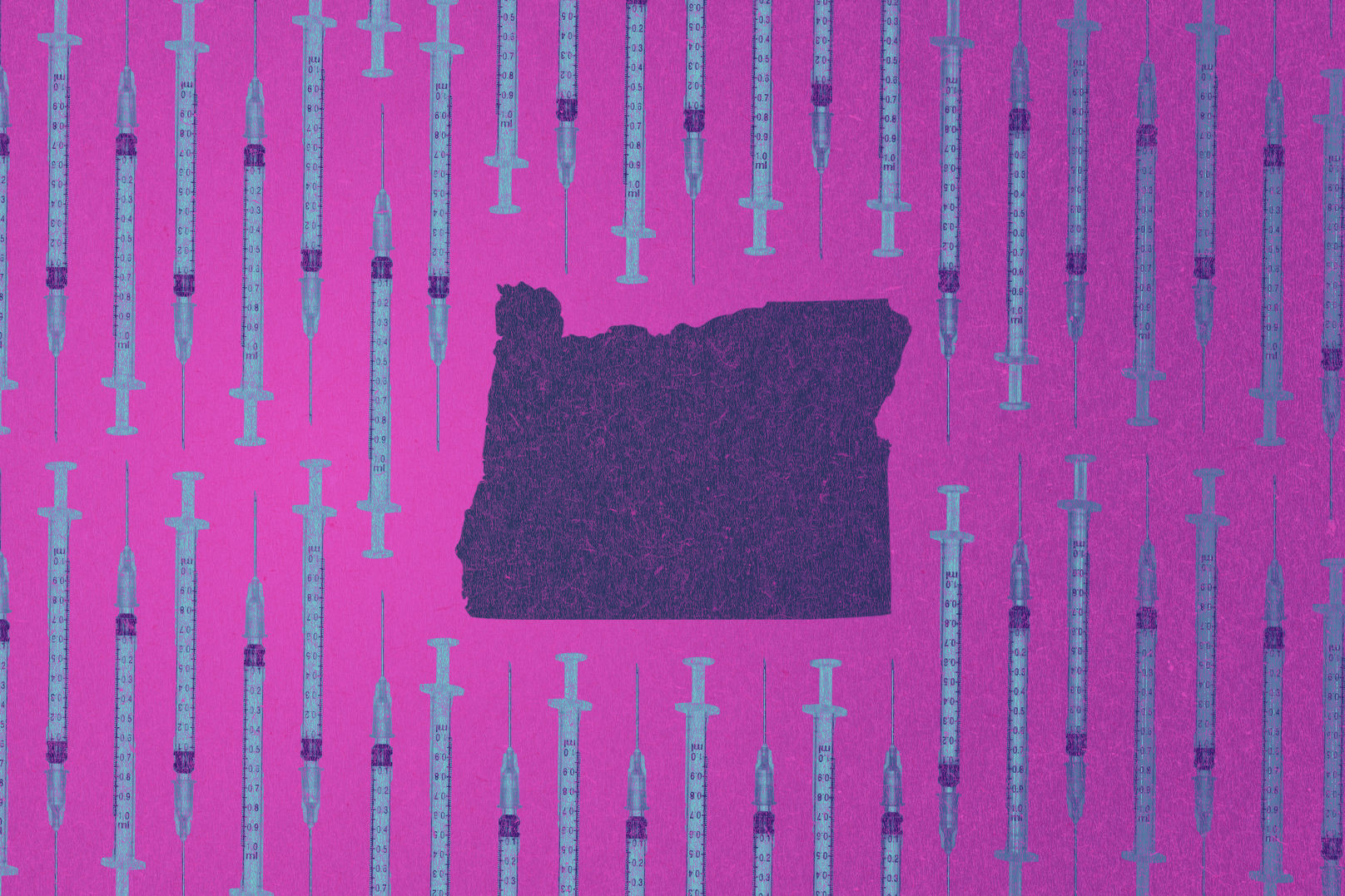Oregonians Reflect on One Year with the Coronavirus
By Portland Monthly Staff February 28, 2021
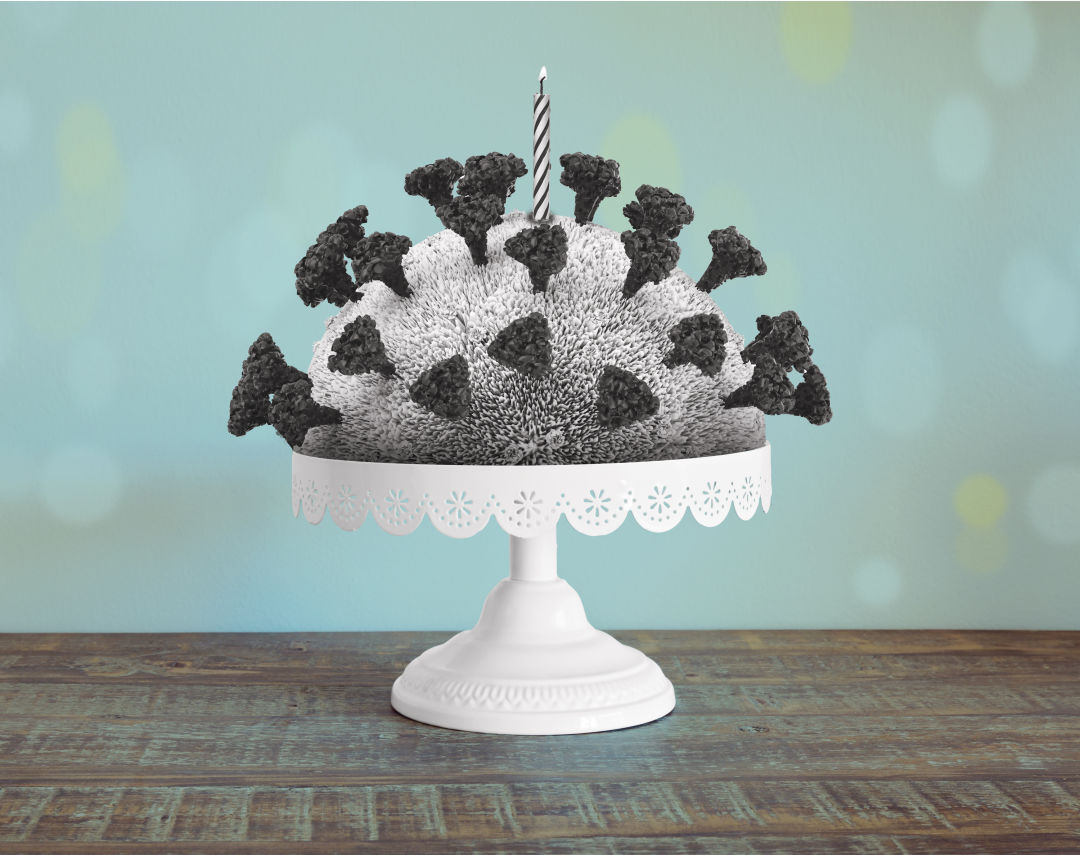
Happy anniversary?
Image: Brian Breneman
On February 28, 2020, Oregon recorded its first known case of coronavirus, a school custodian from Hillsboro who is now back at his job, though only after spending two months on a ventilator last spring. Roughly two weeks after his case first surfaced, the entire state would go on lockdown, schools, restaurants, theaters, businesses, and government services all shuttered. Many of these institutions have yet to reopen.
One year later, more than 2,200 Oregonians are dead, and almost 155,000 of the state's residents have had confirmed cases of COVID-19, though the actual total could be far greater once asymptomatic cases are factored in. But there's reason for hope: Year two looks brighter, thanks to science and the ever-expanding number of Oregonians rolling up their sleeves for vaccines (including, by July 1, everyone over the age of 16, per an announcement this week from Gov. Kate Brown).
Against that backdrop, we asked locals—policy makers, chefs, librarians, soccer players, musicians, small-business owners, and more—about how the past year has changed their lives for bad, for good, and forever.
If you could give yourself some advice, a year ago, knowing what you know now, what would you tell yourself?
Are there any ways in which the pandemic has changed your everyday behavior habits?
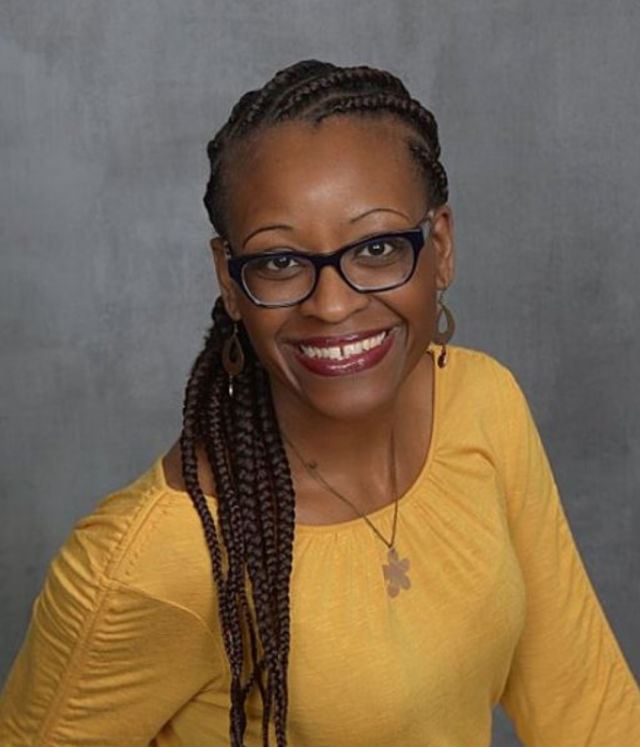
Dr. Markisha Smith
Image: Courtesy Markisha Smith
What's been a key pandemic purchase for you?
"I bought a massager thing from Amazon that you put your arms through and it feels like fingers. I use that thing all the time. I would never have bought that had I not been home. I was like, 'I need a neck massage.'" —Dr. Markisha Smith, director of the Office of Equity and Human Rights and special adviser on racial justice and equity to Portland Mayor Ted Wheeler
Which places are you most excited to go when the pandemic is over?
What’s the thing that you’re most looking forward to when the pandemic is over?
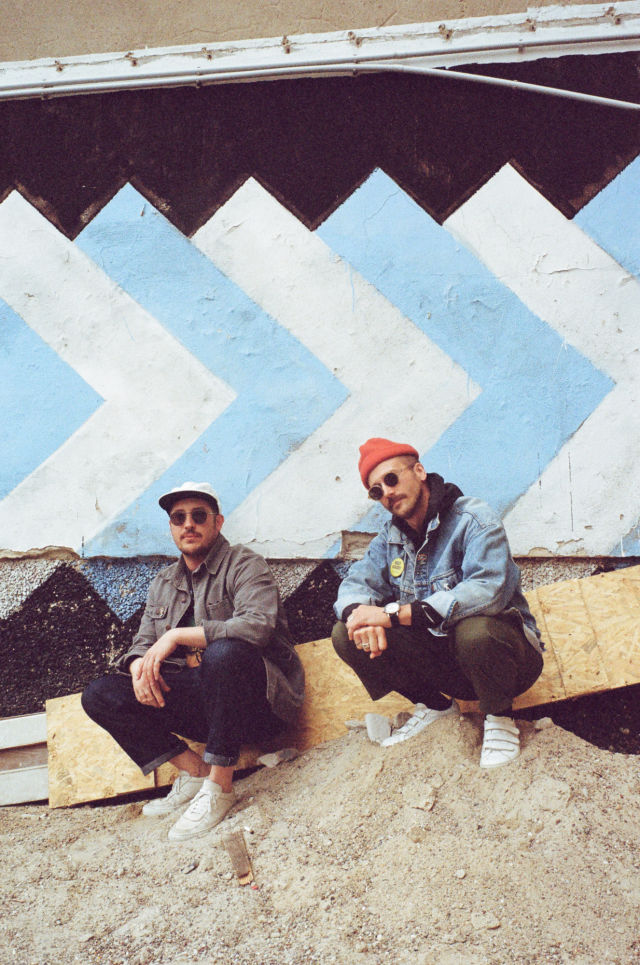
Zachary Carothers (left) and John Gourley of Portugal. The Man
Image: Courtesy Marclay Heroit
"Travel … I'm looking forward to going out in the world with new eyes and seeing what are the things that didn't work for us? What are the things that we didn't miss? I think we’re going back out into the world with intention, and not just going to hang out with people that you really didn't want to go see [or] movies that you didn't think were that good. People are going to go out and they're going be like, ‘I want to get to see this band, I want to go to this restaurant because I miss this food,’ not just going out to go out, but to be more intentional about things and not get so caught up in the hustle and bustle of errands. I think we all know now what we need, what we miss, what we love, and how to support it." —Zachary Carothers, bassist in Portugal. The Man
"This might make me sound like an old drunk, but going to a bar and getting a lovely glass of wine. Just going to OK Omens, sitting at the bar, and maybe I'm even sitting there by myself, but I'm enjoying listening to conversations and food that I didn't fix myself. But I would say if I need a one-word answer: karaoke." —Laurs Kemp, fashion designer
What will stand out for you when you look back on this pandemic?
"There was a moment when I felt the fragility of everything, how fragile things are. There was a moment when I thought, 'What if?' Law enforcement, fire, water, sewer, electric, what if it all came crashing down and we were on our own? So there was a moment when it felt really fragile to me.… For me, that fragility [made me] for the first time consider beefing up my 'survival kit' [laughs] and get ready to defend myself and my family and bring them closer together.
"[The pandemic taught me about] valuing what’s most important, and that’s family and the people that we’re close to. I’ve reached out to my family. My family has reached out to me. We’ve gotten a lot closer. So really connecting with people, connecting with family and keeping them close, and renewing and reestablishing the most important bonds." —Ron Williams, outreach director at the Health Justice Recovery Alliance
"I think what stands out for me, as someone that’s been working on environmental issues for several decades and is frustrated by how incremental the progress is in the face of catastrophic implications, one of the lessons of this crisis is that we can make profound change very quickly when we need to, that we can change the way we do virtually everything overnight, and we can allocate huge amounts of money and resources to facilitate that. The pandemic is absolutely a tragedy. We would never want to do this as precipitously as we’ve had to do it in a pandemic, and the impacts on people have been surreal. But I think one of the lessons is that we can make profound and fundamental change if we need to. And maybe that’s something we can take away from this in terms of things like climate change, and the biodiversity crisis, and other societal challenges, that we can do things differently. And god knows we need to in many cases.
"For me there’s also just a sense of loss. I think [about] how much those connections that we have every day mean and how you can take them for granted until they’re suddenly severed. It just makes you realize how important it is to hold on to those connections and value them and appreciate them every day. We’re all learning how to overcome that and finding new ways to reconnect." —Bob Sallinger, conservation director at Portland Audubon
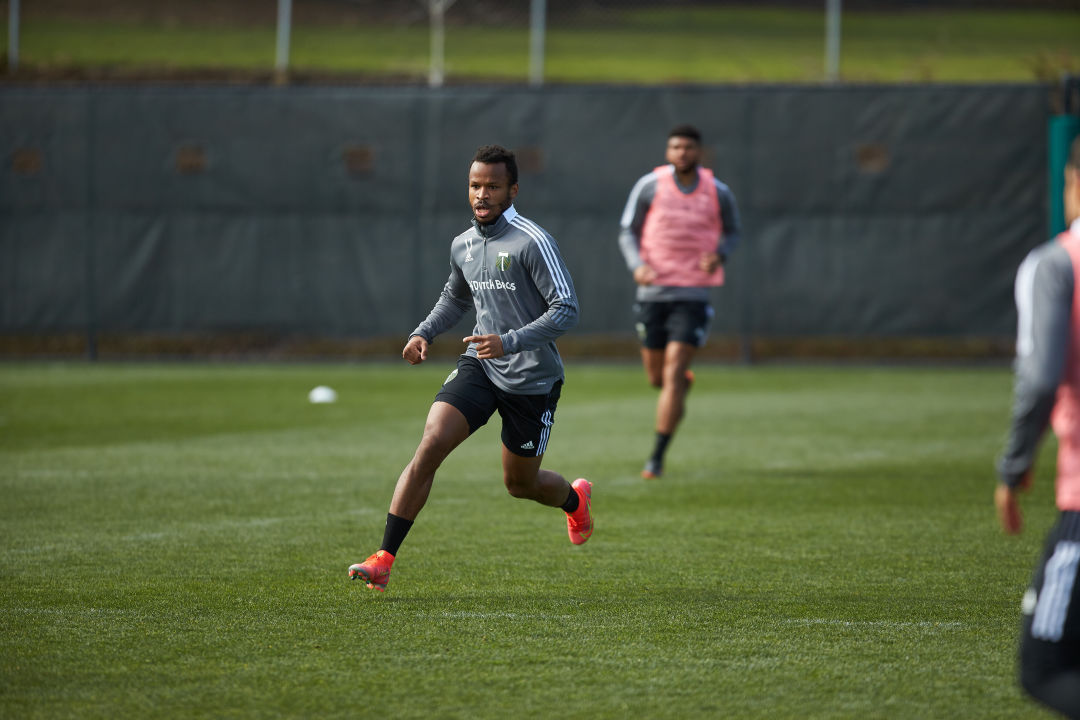
Jeremy Ebobisse
“Our team environment itself, our team chemistry, is one of the few things that didn’t really take a hit in the pandemic. For whatever reason—maybe it was that time apart in the beginning where we were at home and unable to work out and play—we were really appreciative of being back out in the field, even in group settings where we weren’t allowed to interact very much. Going into the “Bubble” [during the summer’s MLS Is Back tournament in Orlando, Florida]—the challenges of the bubble are well documented … but through it all we didn’t get into any serious arguments or fights or anything like that, which is pretty abnormal for any kind of long trip. Our team spirit and chemistry grew throughout the year and it made it so that by the time we got onto the field—at home or away in regular MLS season play—we were playing with a little more confidence in each other. It really reflected on the field with how freely we were playing together.” —Jeremy Ebobisse, forward for the Portland Timbers
"For me, the lesson learned is that there are things we just can't control. I kept being told that the virus is dictating our actions. I kept thinking, you know, 'It's this thing. Don't we have more agency than that?' And in a pandemic, you really don't. It is disconcerting. Where we thought we had some control, we really don't.
"When something this massive, this global happens, you are at the mercy of this invisible thing. All along I kept thinking, 'Oh, this is going to be over in two weeks. This is going to be over in a month.' The realization didn't even really hit me until Christmas, when I was like, 'This is going to be really LONG, and it is going to have a long tail, too.' Your best-laid plans are going to keep getting pushed out and pushed out. I never thought we'd be here." —Terrilyn Chun, deputy director, Multnomah County Library.
Listen: Portland Monthly’s Marty Patail, Fiona McCann, Margaret Seiler, and Katherine Chew Hamilton look back on one year of the coronavirus on this episode of Footnotes.
